When I started gardening there were a lot of terms people were using that I didn’t understand at all. But I was a novice gardener. I was learning and there was SO MUCH to learn.
When I try to learn something new – no matter if it’s gardening or chickens – I try to do as much research as I can. I love to learn so these new things are always exciting to me. I gobble up articles and blog posts, I pick sections of books to really focus in on until I feel I am ready for whatever it is I’m trying to study. One of the best things about learning is that it’s a lifelong process.
Shockingly, I didn’t hear the term “bolting” for the first several years of having a garden. One of those terms was “bolting.”
Well, despite my garden only being in for a few weeks, I have some leafy plants that are already bolting. As I struggle to deal with it, I thought I would explain what that term means, how it impacts your garden and what you can do about it.
 What is bolting?
What is bolting?
Bolting describes a process the plant goes through when it sends up a flower stalk and goes to seed.
You might hear this in reference to leafy greens the most. It’s very common among greens such as lettuce, spinach and arugula. However, even vegetables such as broccoli, beets and herbs can bolt. Basil is the herb I most commonly see bolting – probably because I have so much of it – but it can also happen with cilantro, dill, chives and more.
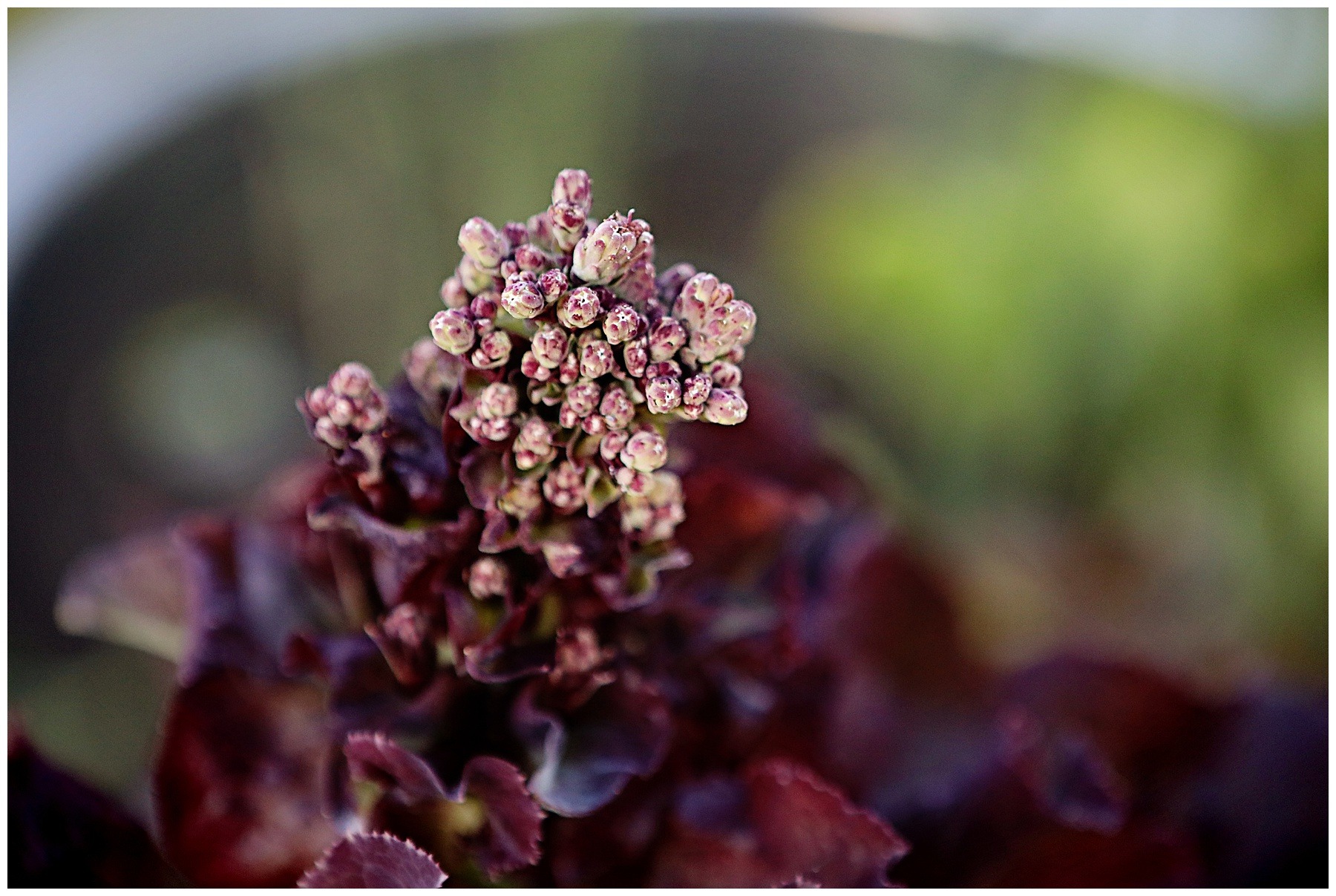
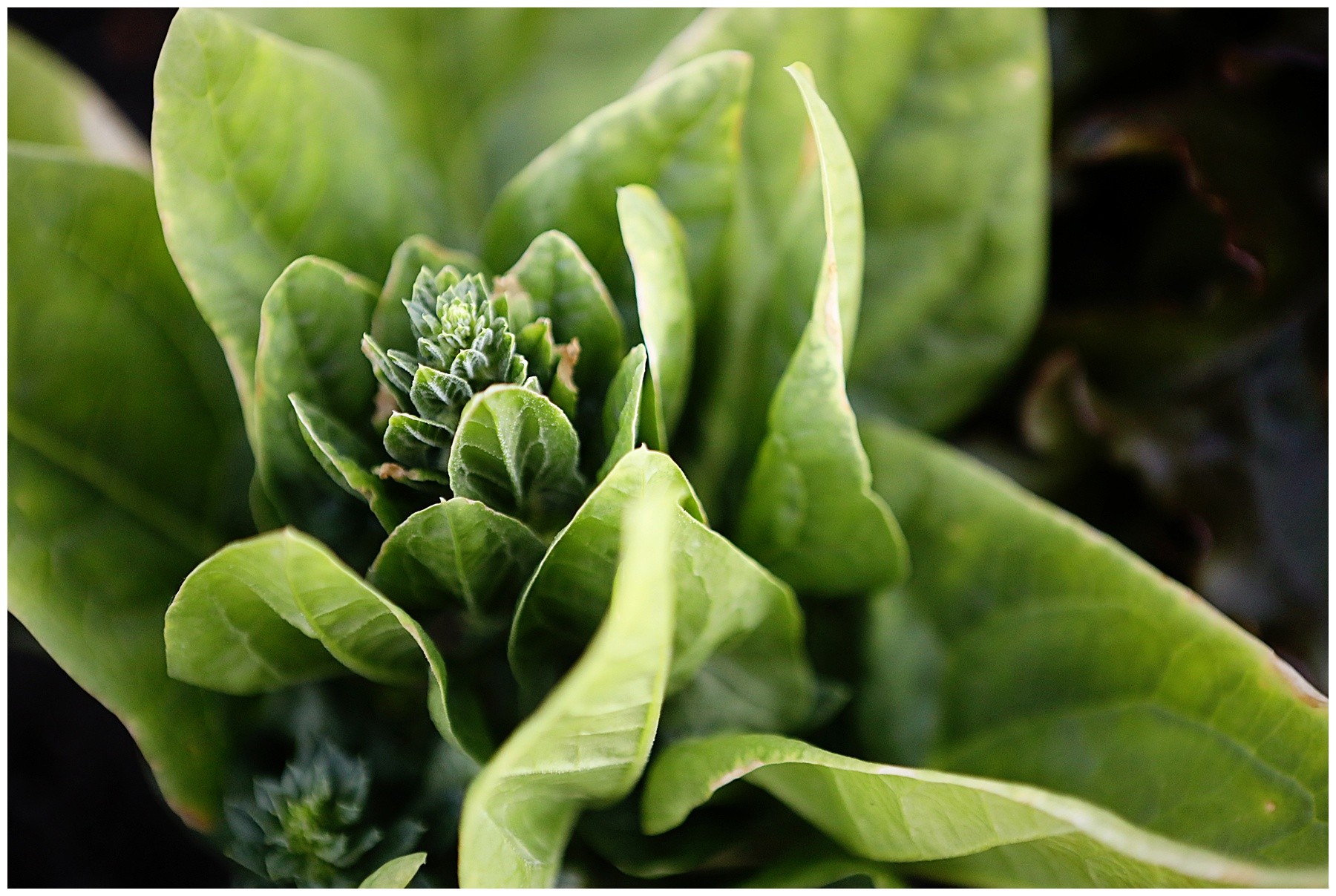
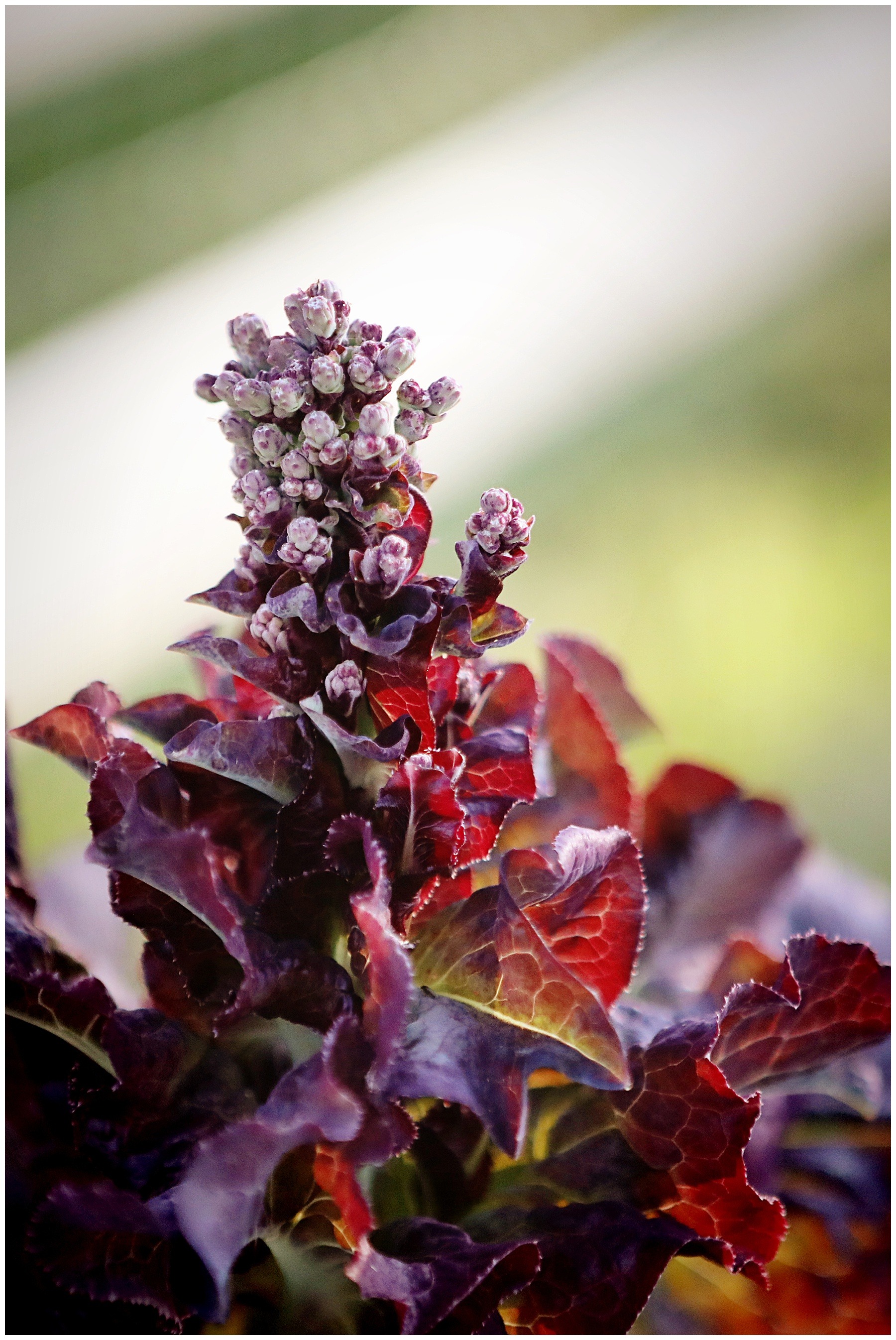
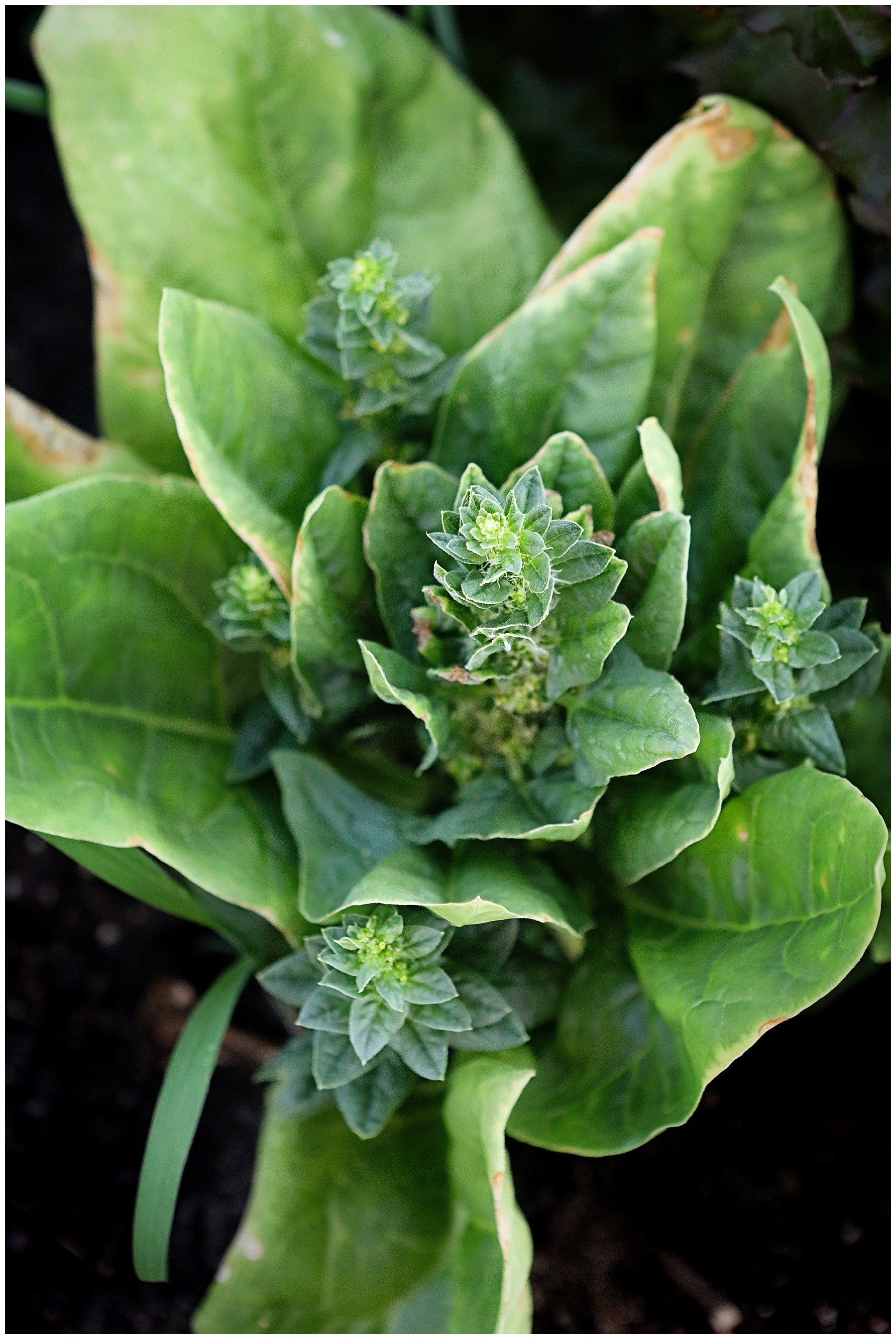
Once a plant has bolted it will put all its effort into producing those seeds and the flavor of the leaves will change. It’s said they become bitter and tough, but you can still eat the lettuce or herbs after the plant has bolting. I never notice a dramatic difference in the taste but some people might be more sensitive to it than others.
Why do plants bolt?
Bolting tend to happen once the weather takes a turn towards summer and the days heat up.
However, some researchers say it is actually the longer daylight hours that cause bolting in plants. They covered some plants with throughout the day and left a control group uncovered. The control group was the group that bolted while the covered group didn’t and continued to produce.
That said, bolting tends to be a survival reaction for plants. When they feel threatened – with temperatures that are too hot, not enough water, etc. they will often bolt and go to seed. It seems it’s an effort to promote the next generation when plants feel vulnerable and in danger.
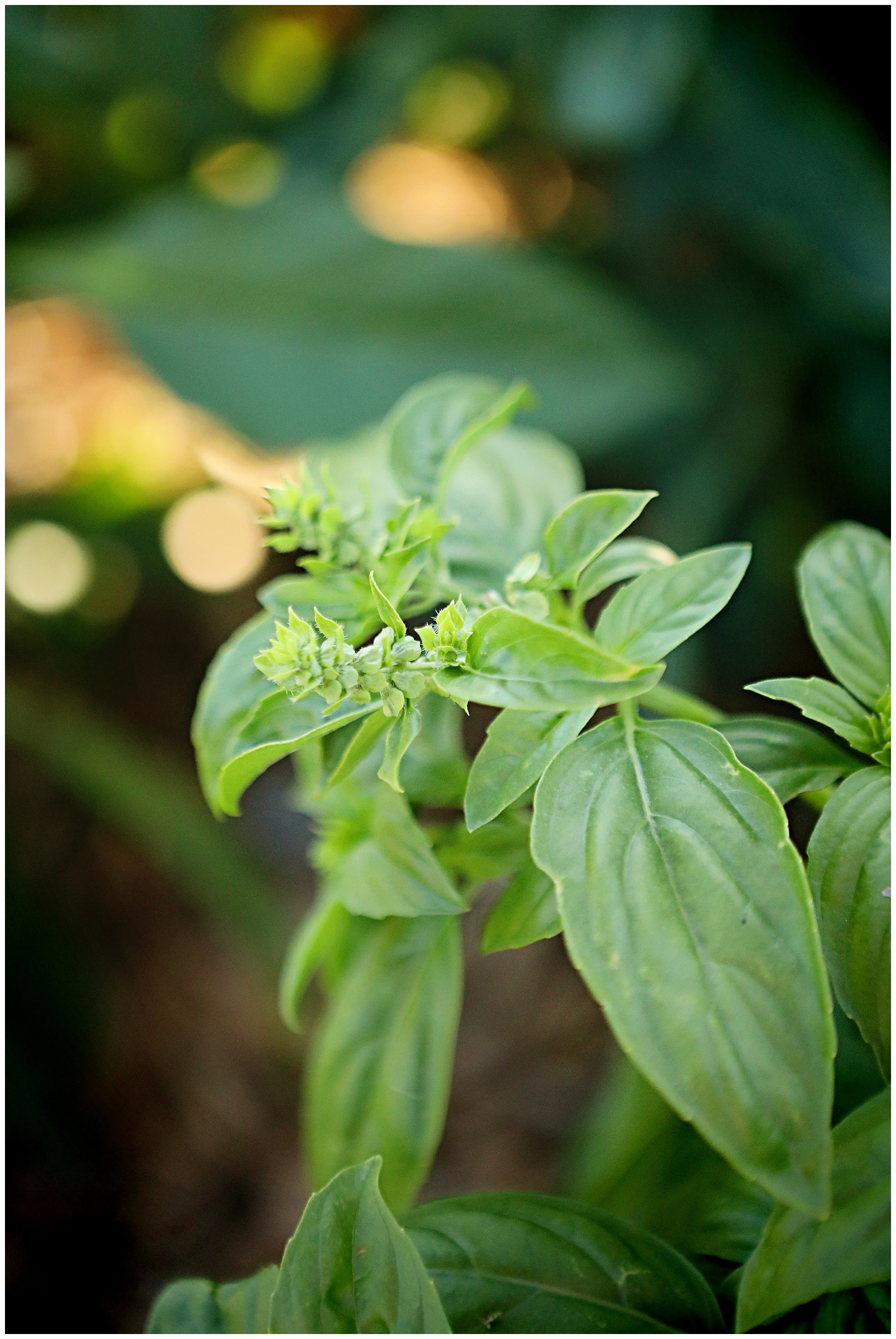
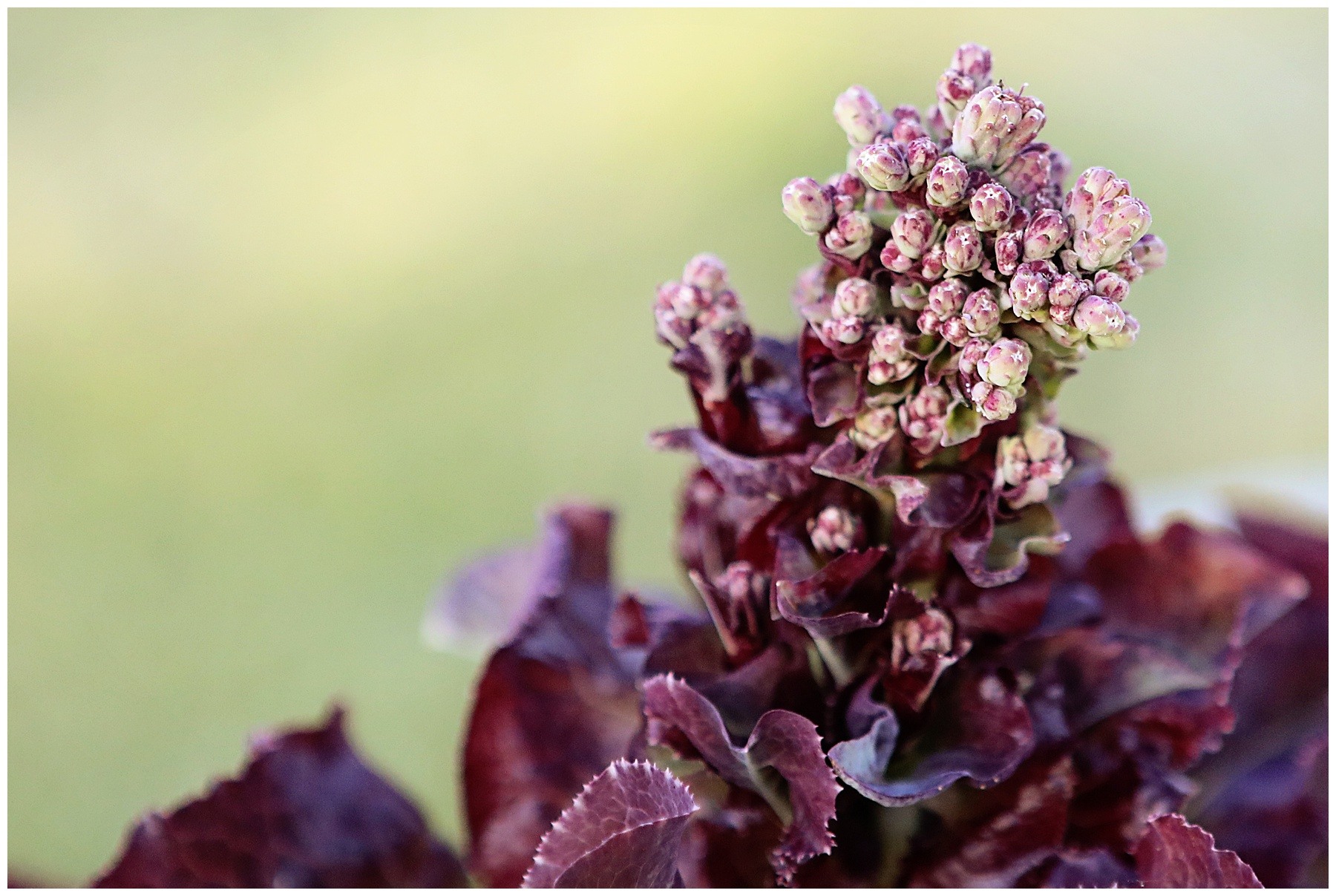
What can you do about bolting?
Most people aren’t sure what you can do to prevent bolting. since it is a natural reaction of the plant to the weather.
However, based on the study above and some other articles I’ve read on bolting, it seems that the process can at least be slowed be planting the crops in areas that don’t’ get as much sun.
Since we have started our garden from the ground up this year, everything is brand new and there are no shady spots. I’m going to try to cover the plants with a thin sun blocker to see if that helps.
As for my plants that have already gone to seed, which includes my red leaf lettuce, some of my basil and my spinach, I’m going to pull it, replant and then cover it with the sun blocker. Hopefully this will help those plants to keep reproducing throughout the rest of the season.
Read more about our garden plans from early in the season here.
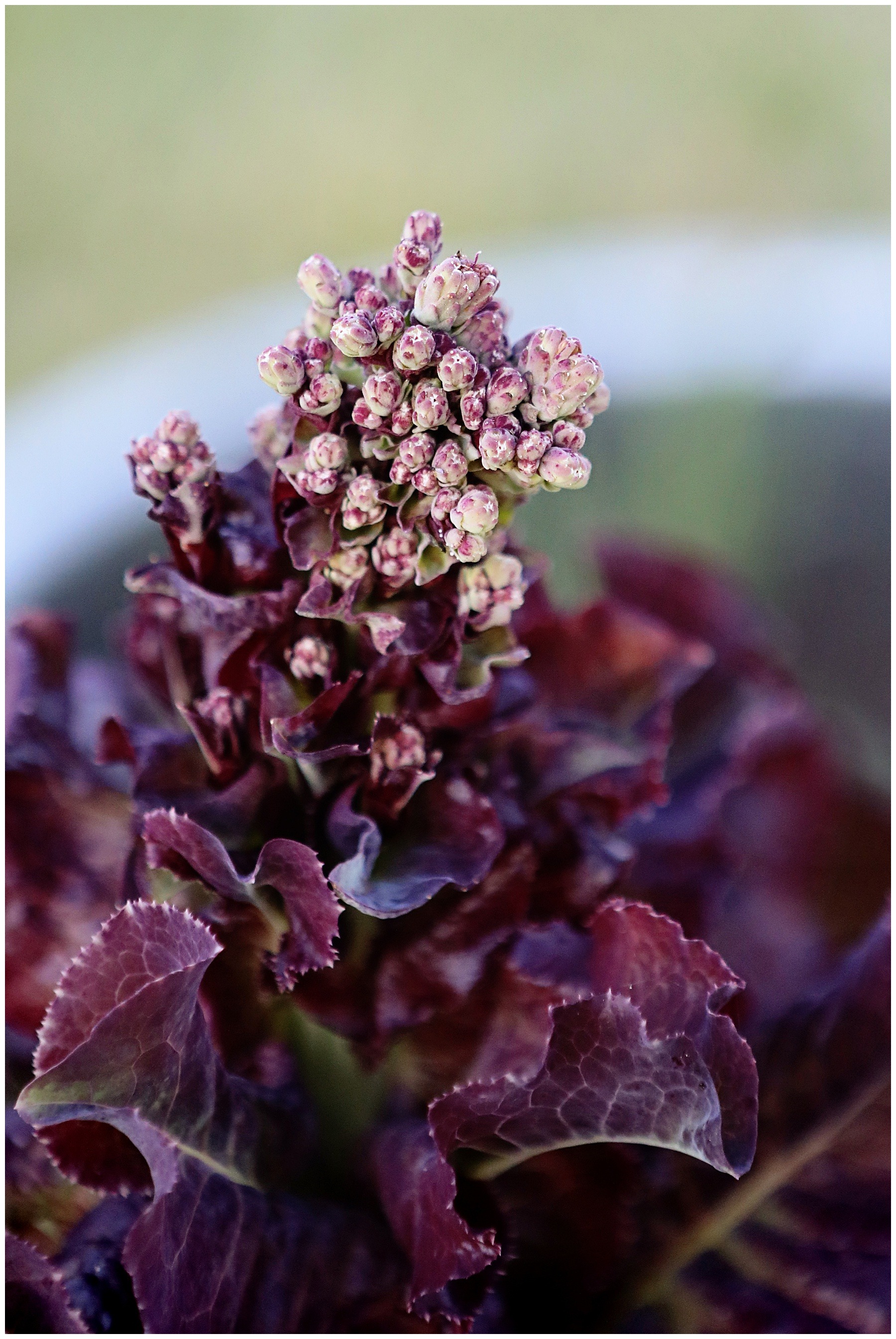
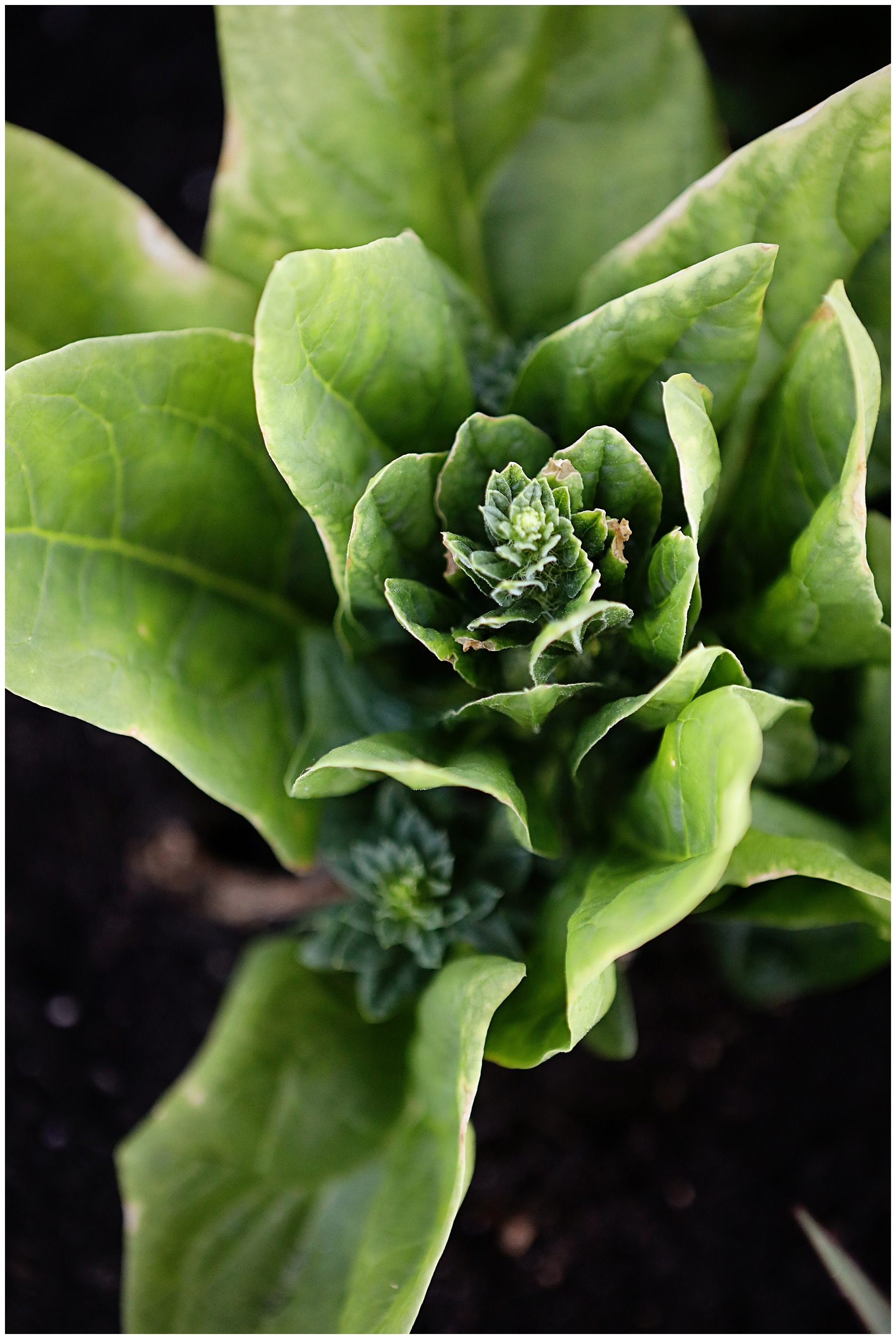
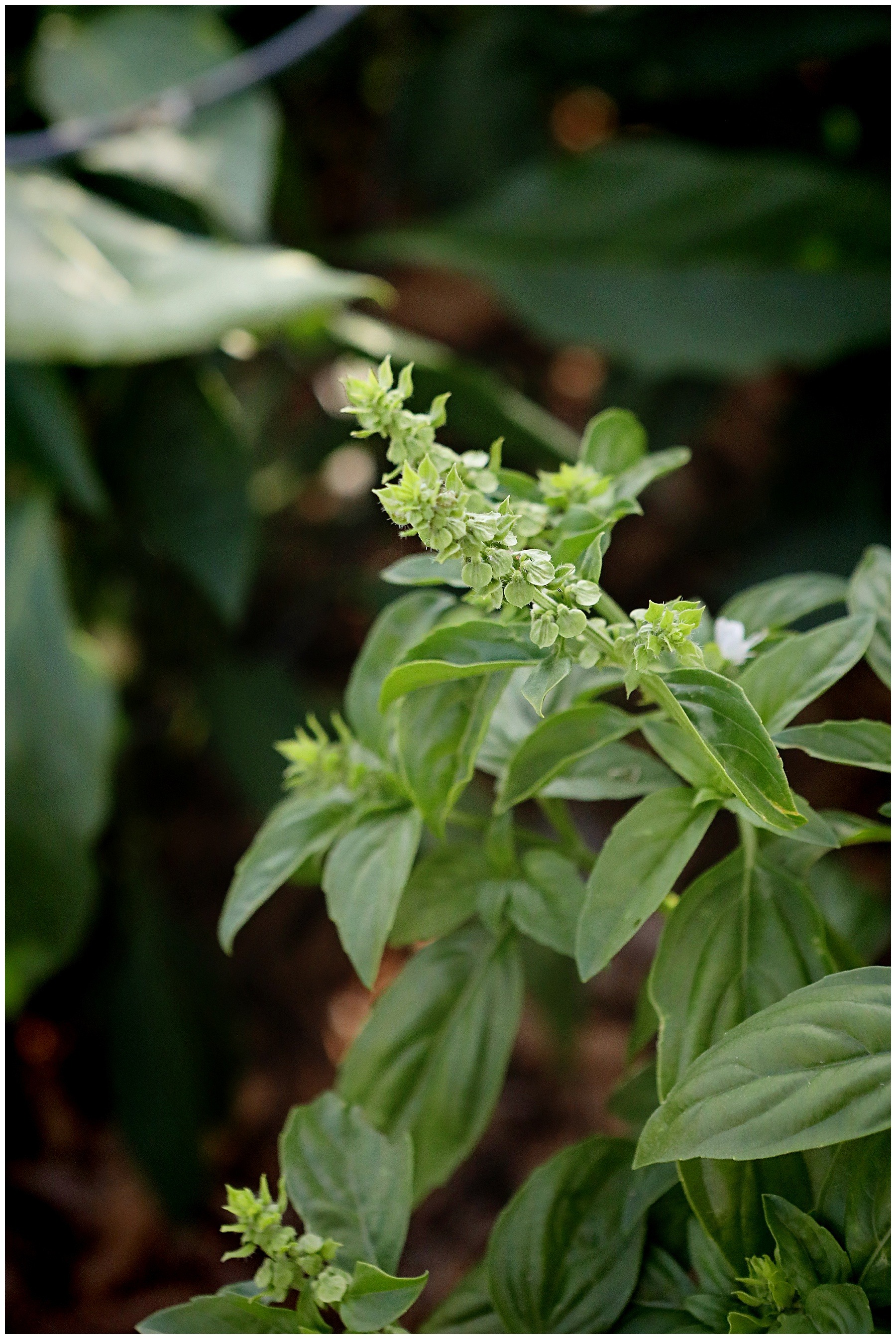
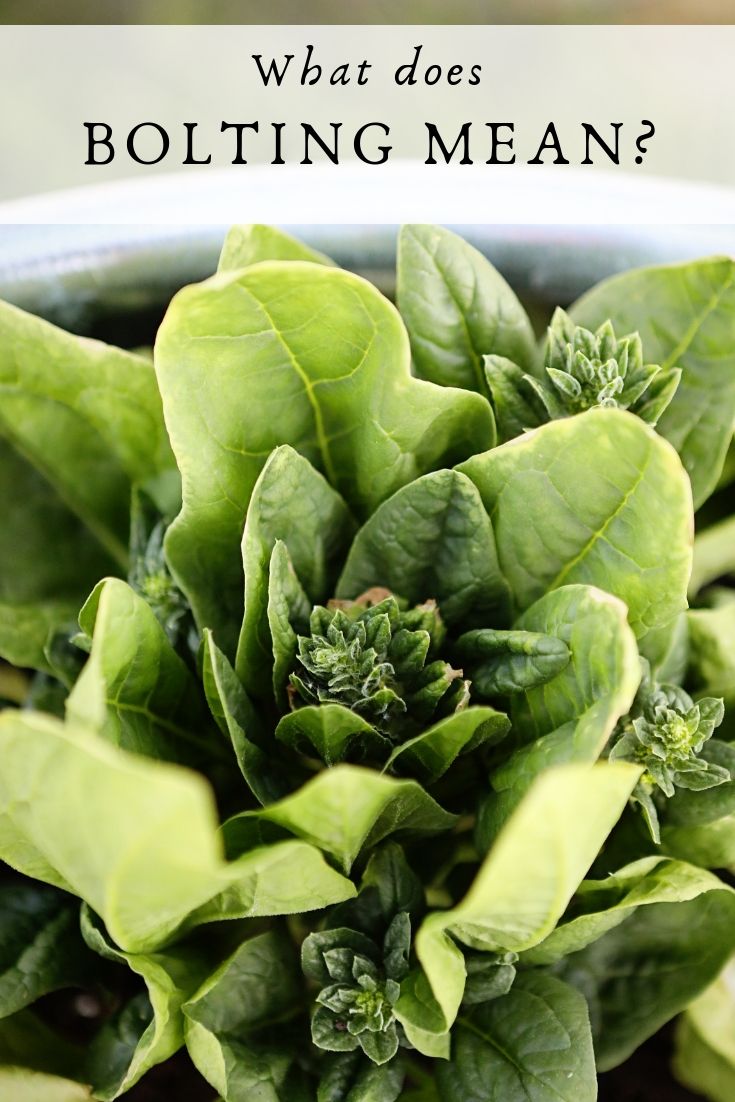 What is bolting?
What is bolting?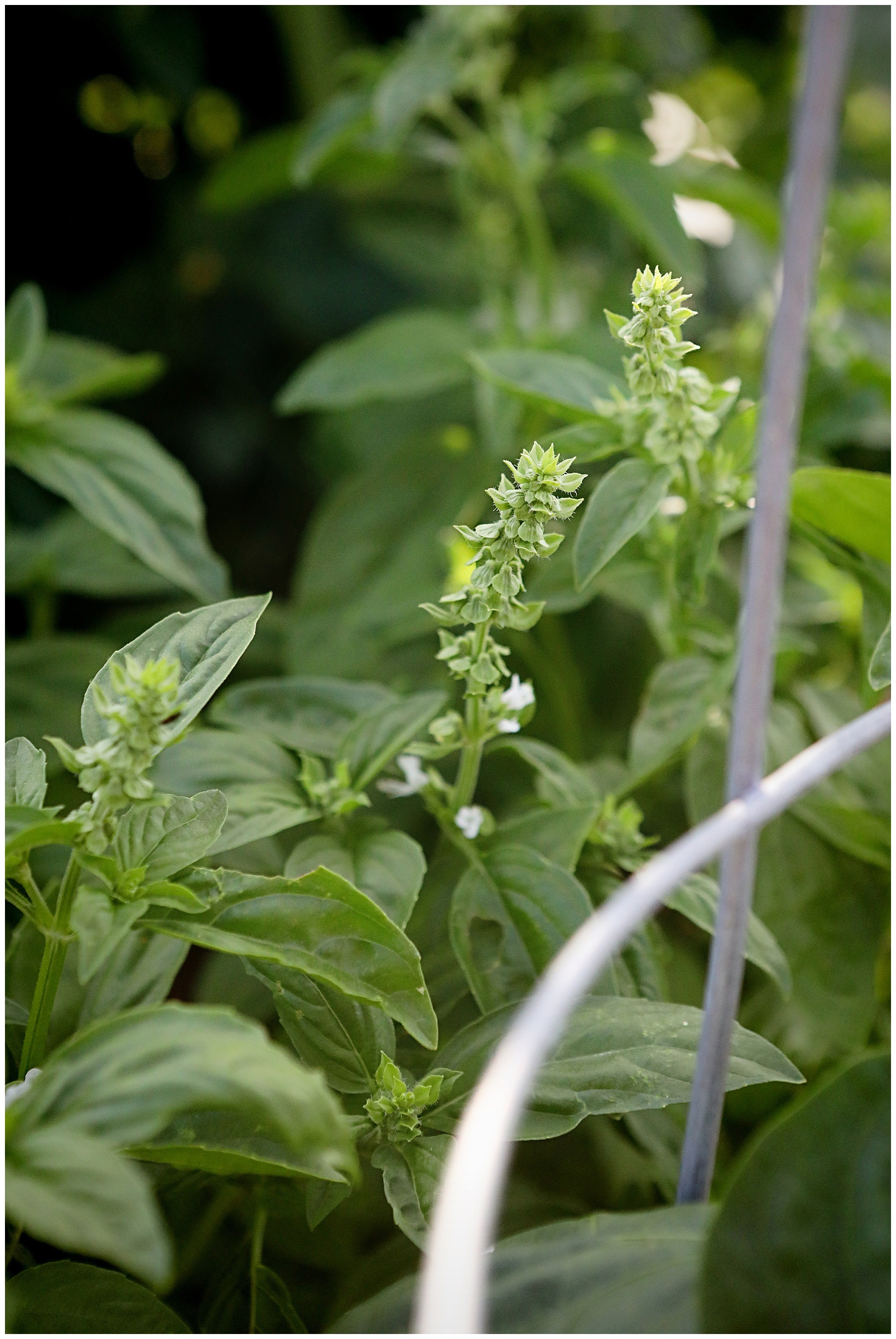
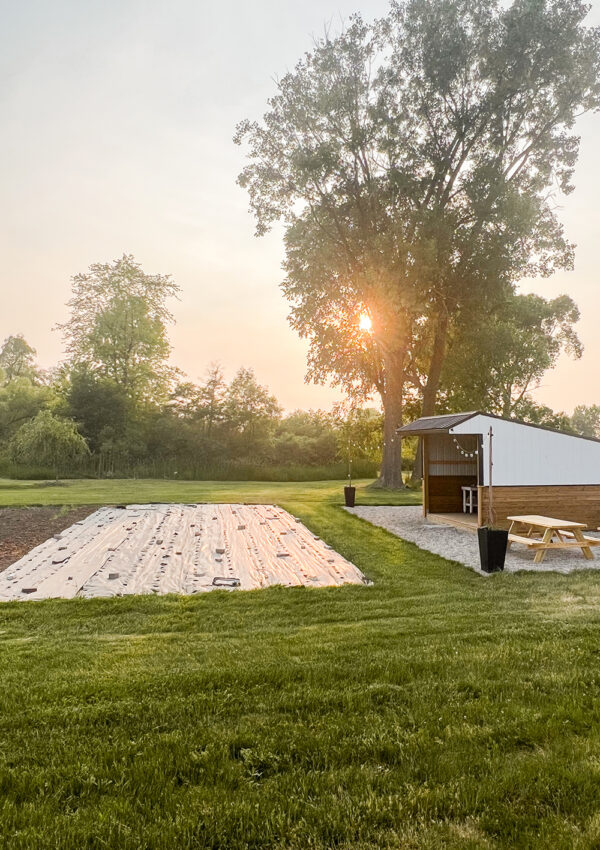
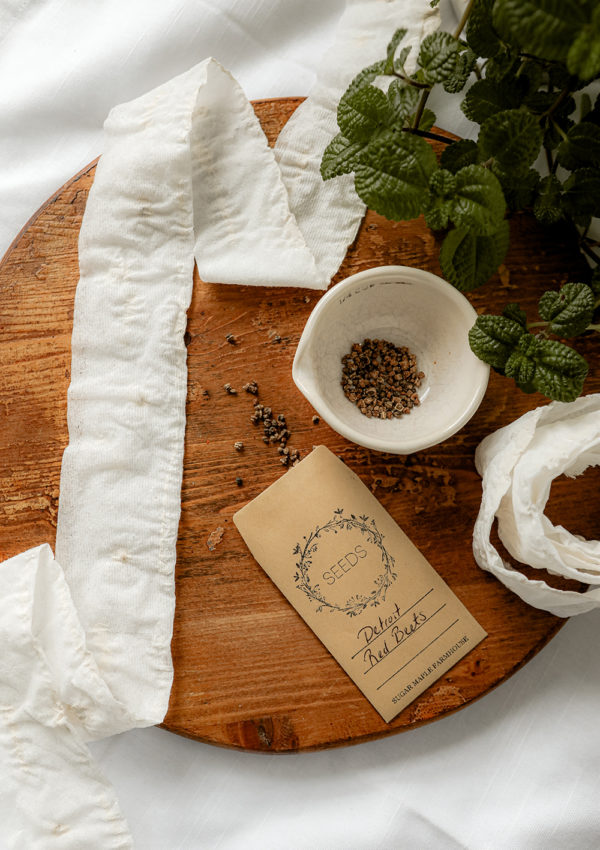
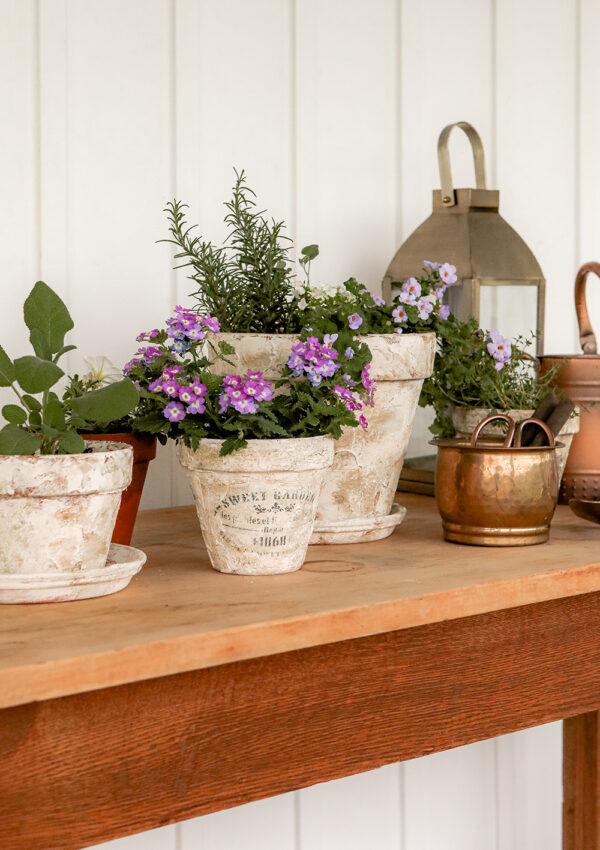
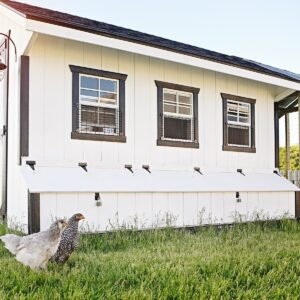
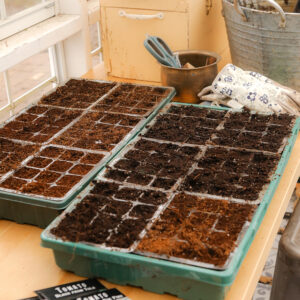
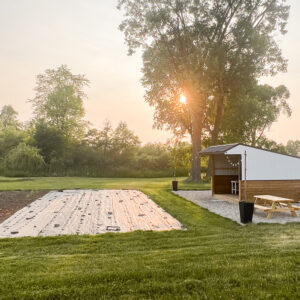

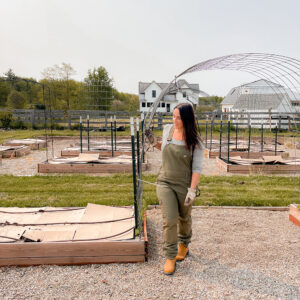
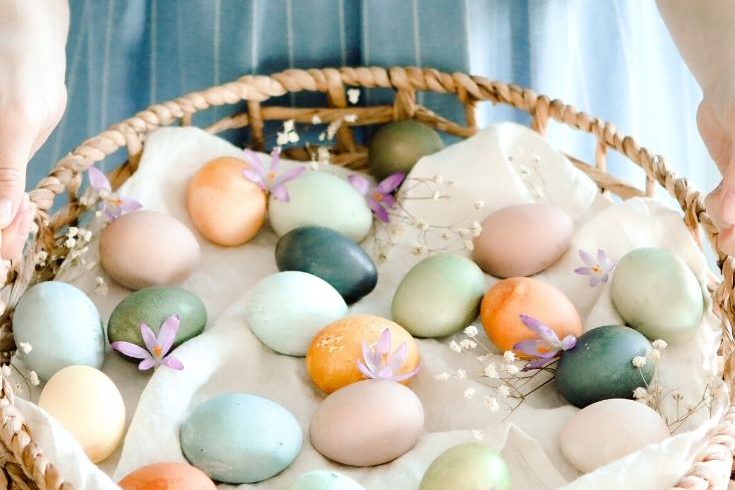

Great information!! My local nursery taught me about this, when I started growing basil and oregano!! So important to keep an eye on them! 🙂 Sharing this for others to learn from it.
This was quite informative and I never knew about bolting plants before. I don’t plant lettuce yet but i will keep this in mind if I ever do.
I need to start a garden. Thanks for the tip on bolting, it sounds like something that helps the plants
I’ve had this happen to my basil before. I didn’t know the term, but thank you for this informative article. Now, maybe I can prevent it from happening to my crop this summer.
I know absolutely nothing about gardening. I have a totally black thumb. But I loved the info. You’re a natural teacher.
I had no idea about this. Mostly because I am TERRIBLE at gardening. I am sure my mom knows what it is.
Bolting is a new term for me as well. I’m not huge into gardening, but I DO love learning new things.
I am not good at gardening at all. But I am glad to find out what the term bolting means.
I have a flower garden, but this is the first time that I’ve heard of the term. Such great info you shared here. Thank you!
I’m terrible with plants, so this was definitely interesting to read
I didn’t know that planting in shadier spots could potentially slow bolting. I’ll try that. I’ve always noticed that I don’t like basil as much once it’s started bolting. It looses the sweetness.
I have to admit I have never heard the term bolting before! I have so much to learn about gardening, no wonder I’m not the best at it!
It is my dream to have a backyard garden. Right now
I’m still in the dreaming/planning/learning stage.
I had no idea about this, but it makes a lot of sense! Thank you for the tips for slowing down the process!
Wow this is so interesting! I’ve never heard of this until now!
What great info I didn’t know about bolting.
Thank you! I now know what happened to my basil and cilantro! I definitely will keep an eye out for bolting going forward
wow! I learn something new today. I didn’t know about bolting. Thank you so much!
The worst has been my beautiful romaine turning into an outrageously tall, crazy plant with flowers on top! I was able to feed it to our guinea pigs, though 🙂